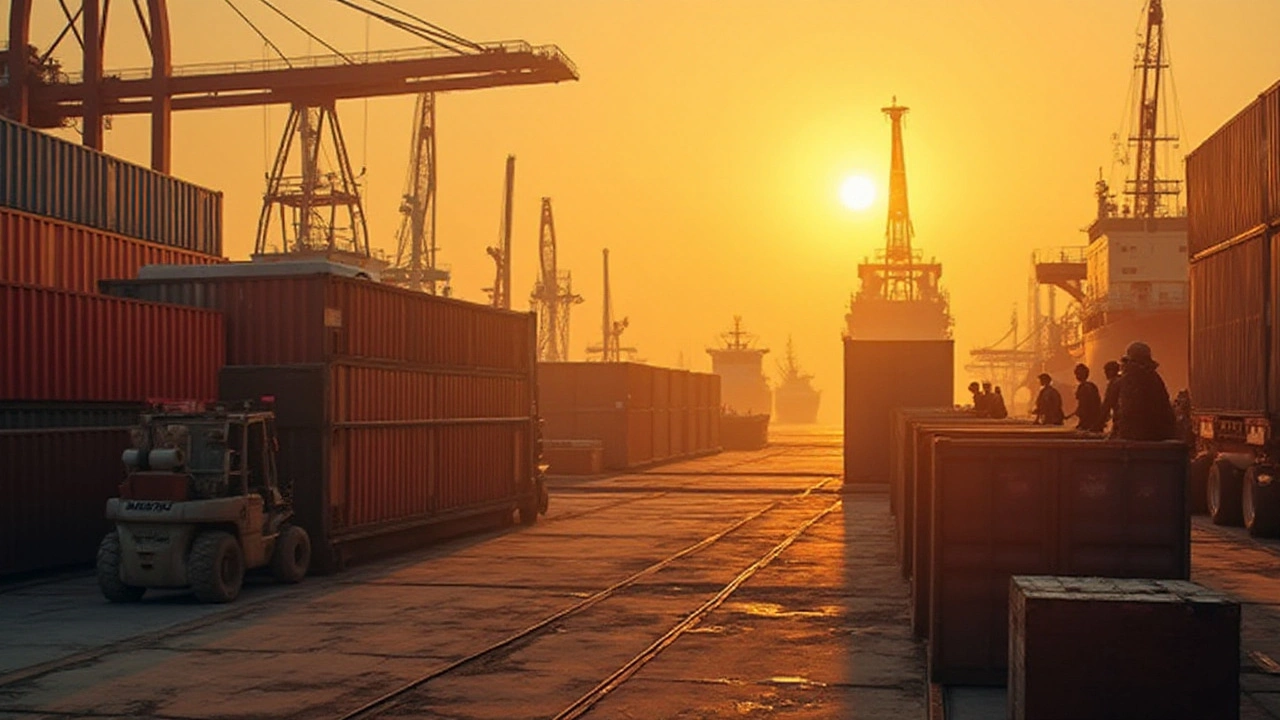Export Partners: Your Gateway to Global Markets
When talking about Export Partners, it helps to start with a clear definition. Export Partners are overseas companies or entities that purchase your manufactured goods and enable you to reach foreign markets. They act as the bridge between your factory and the end‑user abroad. These partners provide demand, distribution channels, and local market knowledge. Also known as overseas buyers, they are essential for any business that wants to sell beyond India. Export partners encompass foreign buyers, which means they directly expand your revenue base.
Why Export Partners Matter for Indian Manufacturers
The success of export partners is tightly linked to International Trade, the exchange of goods and services across borders. This relationship requires solid Trade Agreements, formal pacts that set tariffs, quotas, and rules of origin.. When a trade agreement is in place, export partners require fewer barriers, which speeds up order processing. In practice, a well‑negotiated agreement can shave weeks off delivery times and cut costs by up to 15 %. Export partners therefore rely on trade agreements to reduce friction and boost competitiveness. Understanding this link lets you pick partners who operate in regions covered by favorable agreements.
Beyond paperwork, the physical movement of goods is driven by Logistics, the planning and execution of transportation, warehousing, and distribution.. Efficient logistics influences export partners by ensuring products arrive on time and in good condition. Companies that invest in reliable freight forwarders, real‑time tracking, and temperature‑controlled storage gain a reputation for dependability. At the same time, every shipment must pass through Customs Regulations, the set of rules that govern the entry and exit of goods at a border.. Non‑compliance can lead to delays, fines, or even shipment rejection, which hurts the trust between you and your export partner. By aligning logistics strategies with customs requirements, manufacturers create a smooth flow that keeps partners satisfied and eager to place repeat orders.
Putting all these pieces together, you can see how export partners, international trade, logistics, customs regulations, and trade agreements form an interconnected ecosystem. Each element supports the others: trade agreements lower barriers, logistics moves goods efficiently, and customs compliance keeps the process legal. This synergy is what enables Indian manufacturers to compete on a global stage. Below you’ll find a curated collection of articles that dive deeper into product ideas, pharma rankings, steel production, and more—each touching on a piece of the export‑partner puzzle. Use these resources to sharpen your strategy, find the right overseas allies, and turn your manufacturing capabilities into worldwide success.
